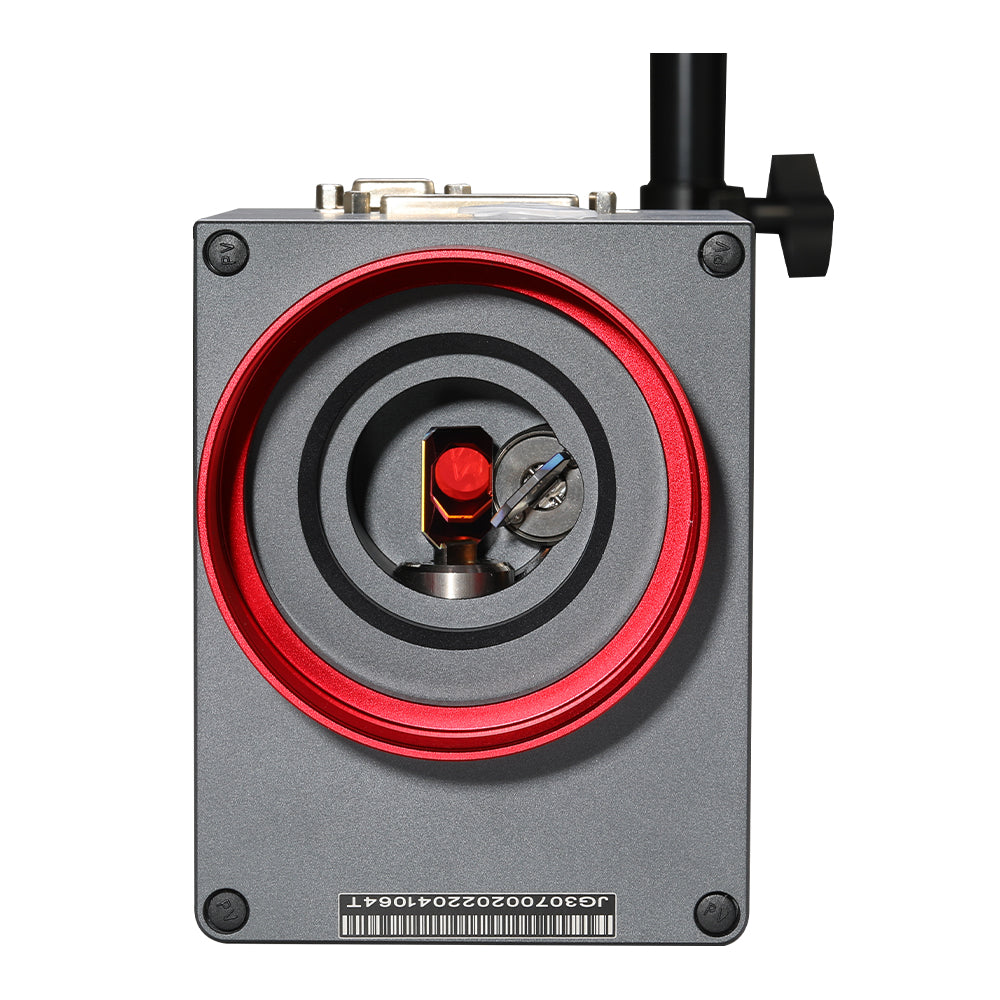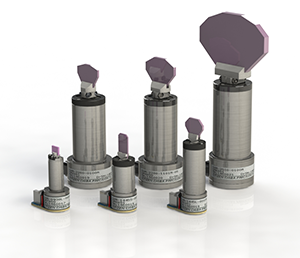Exactly How a Galvanometer Scanner Improves Efficiency in Laser Scanning Technologies
The assimilation of galvanometer scanners in laser scanning modern technologies stands for a pivotal innovation in precision design. By promoting rapid and exact modifications of laser beam direction, these gadgets significantly improve functional efficiency throughout different applications, from clinical imaging to commercial engraving.
Understanding Galvanometer Scanners
A galvanometer scanner is a sophisticated device that leverages electromagnetic concepts to accomplish accurate angular activity of mirrors or various other reflective surfaces. These scanners run with the interaction of an electric existing and an electromagnetic field, allowing quick and precise placing. This modern technology is vital in applications needing high-speed scanning, such as laser inscription, optical interaction, and clinical imaging.

Galvanometer scanners are often defined by their fast feedback times and high angular resolution, making them excellent for applications that require fast movements and precise positioning. Their reliability and efficiency make them an important element in modern-day laser scanning innovations, contributing significantly to improvements in various areas, including manufacturing, health care, and telecoms.
System of Laser Light Beam Control

The control system counts on closed-loop responses systems that constantly monitor the beam of light's setting. The signals from optical sensors provide real-time data to the control system, permitting fast adjustments to preserve accuracy. This is important in applications where even mild discrepancies can endanger the top quality of the scan or engraving.
In addition, the galvanometer's action time is vital; high-speed electric motors enable speedy activities, making sure that the laser beam can swiftly map complicated patterns or carry out detailed operations. The combination of digital signal processing additionally improves the responsiveness and precision of the galvanometer scanner. Overall, the device of laser beam control via galvanometer scanners exhibits the combination of sophisticated engineering and technology, producing high-performance outcomes in laser scanning applications.
Benefits of Improved Precision
Enhanced accuracy in laser scanning technologies offers significant benefits across different applications, from industrial production to medical treatments. The integration of galvanometer scanners enables extremely accurate beam of light positioning, which is vital for jobs requiring careful detail. This enhanced precision guarantees that the laser can target details areas with very little variance, resulting in remarkable high quality results.
In commercial contexts, exact laser scanning leads to enhanced product uniformity and reduced material waste. Components made with high precision are less likely to need rework, consequently boosting productivity and minimizing operational prices. Similarly, in Get More Information medical applications, the precision of laser treatments can substantially influence patient results. In laser surgical procedure, precise targeting decreases damage to surrounding tissues, leading to quicker healing times and fewer complications.
Furthermore, enhanced precision promotes sophisticated applications such as 3D imaging and microfabrication, where also minute mistakes can lead to substantial mistakes. By providing repeatable and dependable laser positioning, galvanometer scanners add to the general effectiveness and effectiveness of laser systems. In recap, the advantages of improved precision not only improve functional performance yet additionally raise the criteria of quality and safety in various markets.
Applications in Different Industries
The flexibility of galvanometer scanners in laser scanning technologies expands across several sectors, each taking advantage of the precision they provide. In the medical area, these scanners are critical in applications such as laser surgery and imaging, enabling extremely precise targeting of tissues while decreasing damage to surrounding areas - galvanometer scanner. Their fast feedback and great resolution are important in creating high-quality outcomes
In the production sector, galvanometer scanners boost procedures like laser engraving and cutting. Their ability to swiftly direct laser light beams onto surfaces allows efficient assembly line, boosting speed and accuracy in creating intricate layouts or components.
The vehicle market also exploits on galvanometer technology for top quality control and examinations (galvanometer scanner). By using high-speed scanning, makers can detect issues in products or assemblies, making sure that products our website meet rigorous standards
Additionally, in the enjoyment field, galvanometer scanners are employed in laser light shows and screens, using vibrant aesthetic experiences with precise control over laser movements.
Future Patterns in Laser Scanning
Emerging innovations are positioned to change the landscape of laser scanning, with galvanometer scanners at the forefront of this makeover. As markets increasingly demand precision and performance, the evolution of galvanometer technology will drive substantial improvements in laser scanning applications.
Future patterns show an expanding integration of fabricated knowledge and artificial intelligence formulas, which will certainly improve information refining capacities and automate decision-making in real-time. This harmony will certainly permit extra innovative analysis of scanned information, causing enhanced accuracy in applications such as 3D modeling and self-governing navigating.
In addition, the miniaturization of elements and the growth of advanced materials will add to lighter, much more mobile laser scanning systems. This mobility will expand the reach of laser scanning modern technologies into previously unattainable atmospheres, such as remote learn the facts here now terrain and intricate architectural spaces.
The surge of enhanced fact (AR) and virtual fact (VR) applications will also form the future of laser scanning. By integrating galvanometer scanners with AR and VR, customers will certainly benefit from immersive experiences that boost visualization and job preparation.
Final Thought
In conclusion, galvanometer scanners play a pivotal duty in enhancing laser scanning technologies via their accurate control of beam instructions and rapid angular adjustments. The assimilation of sophisticated feedback systems and optical sensing units dramatically boosts operational rate and accuracy, causing improved outcomes in applications such as laser engraving and clinical imaging. As markets progressively adopt these innovations, the continuous advancements in galvanometer scanner styles are anticipated to further elevate efficiency requirements and broaden application opportunities.
The assimilation of galvanometer scanners in laser scanning technologies stands for a pivotal improvement in precision design. On the whole, the mechanism of laser light beam control through galvanometer scanners exhibits the fusion of sophisticated design and modern technology, producing high-performance end results in laser scanning applications.
By supplying reputable and repeatable laser positioning, galvanometer scanners contribute to the total efficiency and efficiency of laser systems.The convenience of galvanometer scanners in laser scanning modern technologies prolongs throughout several sectors, each profiting from the precision they give.In conclusion, galvanometer scanners play a critical function in optimizing laser scanning modern technologies through their specific control of beam direction and fast angular adjustments.
Comments on “Ingenious Uses of a Galvanometer Scanner in Industrial Automation and Control”